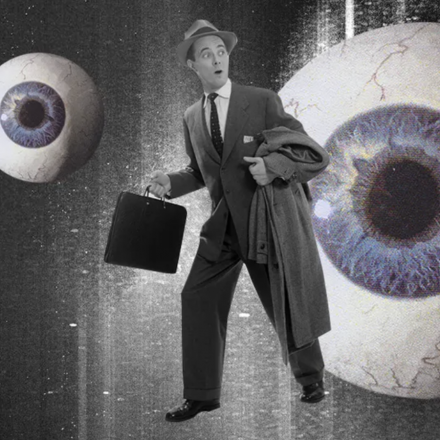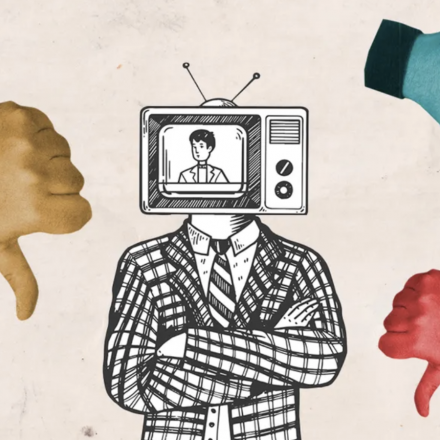Life nowadays is far more comfortable than it was for our ancestors. We enjoy the luxuries of hot water, the internet, and modern conveniences, making our lives easier. However, the more we have, the more we tend to worry about minor issues. This isn't surprising, as anxiety often stems not from real threats but from uncertainty.
Think of a typical horror movie. Scary monsters, growling and terrifying, create fear, but it's a more tangible fear—something you can confront. Much scarier is when someone disappears into the darkness, and you don't know what’s lurking. It’s this uncertainty that exacerbates anxiety. We start imagining what might be hidden in the darkness, and our minds begin playing "guessing games," which only intensifies the fear.
Anxieties arise from the unknown: What if I lose my job? How will I handle it if someone gets upset with me? How will currency fluctuations affect me? How do I face people if I haven’t achieved success? These questions don’t have clear answers, and we worry about what we cannot predict.
We often spend years pondering how to change our lives, find a new job, or improve personal relationships, only to eventually realize that many of our fears were unfounded. It turns out that losing a job may not be as terrifying as it seemed, or that a divorce, while unpleasant, might lead to a better quality of life. Even closing a business might be less catastrophic than we imagined.
The key to overcoming anxiety is to face what we fear. The more we confront difficulties, the less we fear them. For instance, if you’re afraid of your parents' disapproval, try making a mistake in front of them. You might find their reaction is less frightening than you anticipated. If you fear your boss, standing up to him might reveal that he’s just an ordinary person, not a fearsome authority. Facing financial or business fears can be manageable when you make them real and understandable.
The conclusion is simple: facing your fears in real life often dissipates their mythical power. Reality turns out to be much less frightening than your imagination. So, the sooner you take action, the quicker you'll rid yourself of unnecessary anxieties and move forward.


















